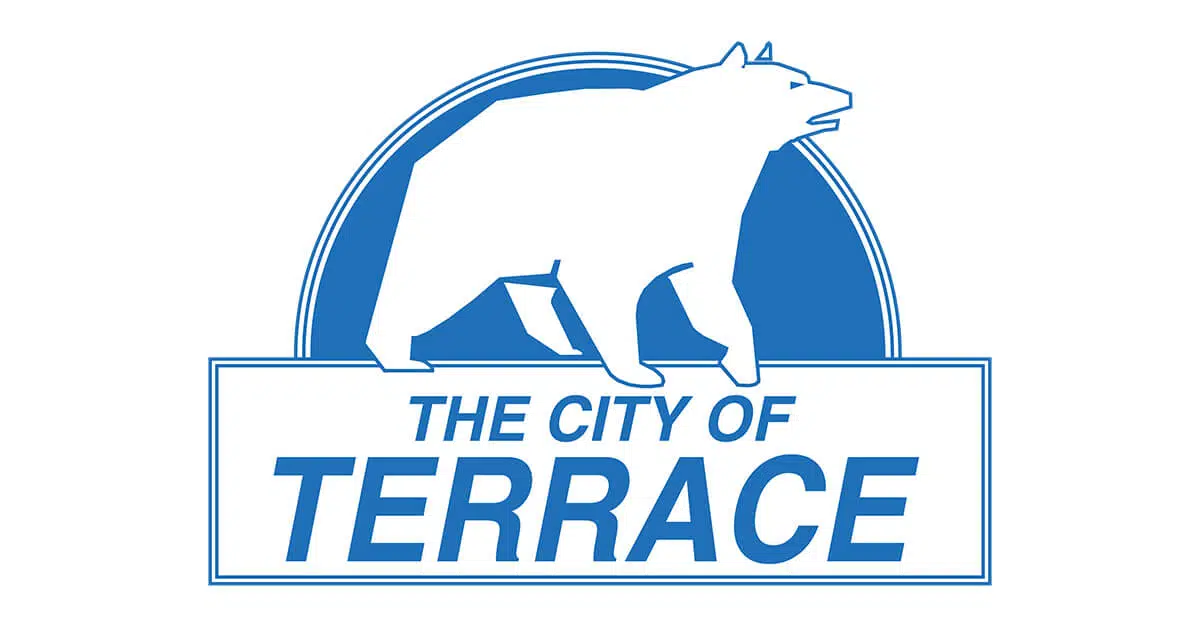Edison Motors’ Perspective:
- Frustration with Regulations: Edison Motors is clearly frustrated with what they see as an overly bureaucratic and inefficient system. They mention that despite a promising property (the shop in Terrace), the city’s zoning and permit regulations made it impossible to move forward.
- Commitment to the Community: Edison emphasizes that they wanted to bring jobs to the area, especially after the local sawmill closure and the end of the major pipeline project. They were excited about the prospect of retrofitting and manufacturing trucks, but the city’s zoning laws and the three-year temporary permit they were offered weren’t enough to justify the investment.
- City’s Red Tape: Edison Motors criticizes the city’s unwillingness to make permanent zoning changes to allow truck manufacturing in an area designed for industrial work. They also express frustration with the city’s apparent contradiction—wanting Edison Motors to move into the area, but not being willing to adjust the necessary regulations.
City of Terrace’s Perspective:
- Support for Edison Motors: The city refutes Edison Motors’ claims, arguing that they have been supportive of Edison from the beginning, offering solutions to help the company establish operations. They highlight the multiple meetings, assistance with finding a location, and approval of zoning changes and a temporary use permit (TUP).
- Zoning Complexity: The city acknowledges that the location Edison Motors was interested in (5130 Highway 16 West) was originally zoned for commercial use and required rezoning to allow manufacturing. However, they stress that they worked with Edison to create a viable path forward, including rezoning and the TUP, which would have permitted heavy industrial use on the property for up to six years.
- Investment Challenges: The city emphasizes that it was Edison’s decision to walk away from the property in July 2024 due to their investors pulling out, not because of any failure in the city’s regulatory process.
Key Points of Disagreement:
- Zoning and Permits: Edison Motors feels the city’s regulations were too restrictive and failed to provide them with a permanent solution to operate their business. In contrast, the city argues that they made efforts to accommodate Edison, including providing a temporary use permit and offering options for rezoning.
- Temporary vs. Permanent Solution: Edison Motors wanted a long-term, stable solution (e.g., permanent zoning changes), while the city offered a temporary solution (a three-year TUP), which Edison felt was not worth the investment.
- City’s Economic Development Efforts: The city asserts that it was proactive in its economic development efforts, connecting Edison Motors with local businesses and facilitating their entry into the community. Edison, however, seems to feel that the city’s actions were insufficient to overcome the regulatory hurdles.
Moving Forward:
- Edison Motors: It’s clear that Edison Motors remains frustrated with the situation and may be looking for a more business-friendly location elsewhere, especially since their investors were not willing to proceed under the terms offered by the city.
- City of Terrace: The city will likely continue to promote its economic development initiatives, but the public disagreement may impact future perceptions of how business-friendly the city is. They maintain that they were proactive and provided all necessary support to Edison Motors.
This situation highlights the typical conflict between businesses seeking more flexibility and municipalities aiming to balance growth with regulatory controls. Edison Motors felt hindered by the city’s restrictions, while the city believed it had offered the necessary support to make the project feasible. In the end, neither side was able to reach a mutually agreeable, long-term solution.




